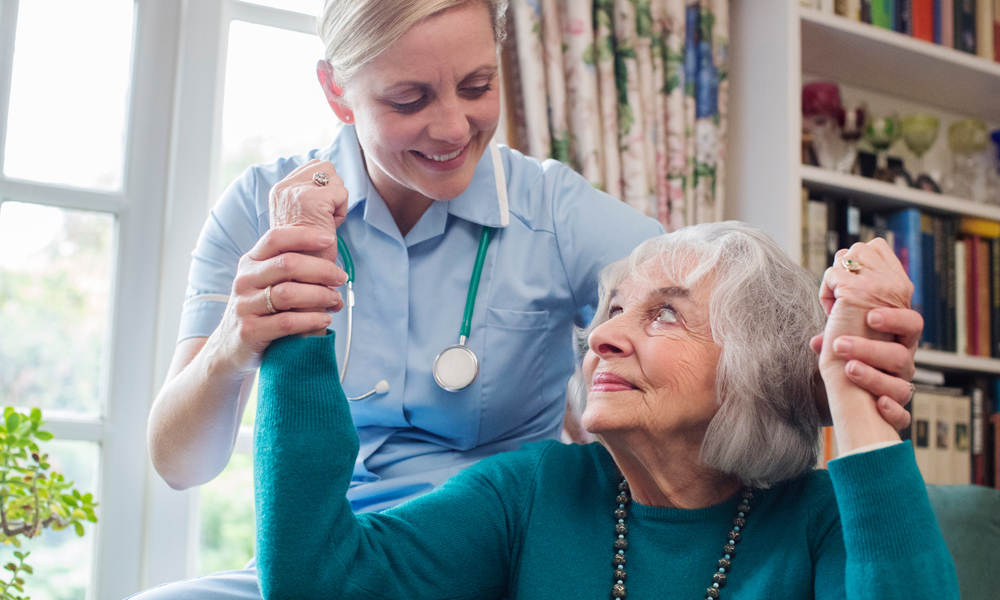Recovering from a stroke is no easy feat. It can take weeks, months, even years for people to fully heal. These circumstances can create significant hardship for victims and their loved ones, as the amount of care stroke patients need can be intense and time-consuming.
While the road to a full recovery can be long, there are a lot of at-home rehabilitation and support options available, even from the comfort of your own home.
Beginning recovery
Before your loved one starts the rehabilitation process, you should help them identify their trouble areas. That’s because no person experiences a stroke the exact same way. Because strokes can hinder many aspects of a person’s day-to-day functioning, your loved one may have issues with:
- Movement and motor skills
- Speech and communication skills
- Depth perception
- Thinking and perceiving
- Emotions and behavior
- Working memory
- Reading and writing
- Learning new information
- Chewing and swallowing
- Naming and identifying objects
This is only a small sample of the issues your loved one may experience. A licensed medical professional can further help identify these trouble areas so your loved one can work on them.
Different types of stroke rehabilitation
There are several avenues available for stroke rehabilitation. Each can address certain affected areas of the brain. The most common are physical and cognitive rehabilitation. Some medical professionals are trying experimental and technological approaches, but these aren’t widely available everywhere. Each method aims to help stroke victims regain their basic functions to the best of their ability. Here are a few examples:
- Mobility training: Strokes can partially or permanently limit people’s ability to walk. For those who can no longer walk, mobility training can help them use a wheelchair. For those who could walk again, mobility training can help them utilize a cane or ankle brace. Ankle braces can help stabilize your ankle, giving your body the support and strength it needs to hold yourself up.
- Coordination exercises: Strokes can limit your ability to perform daily tasks like moving objects, opening drawers or chewing and swallowing. Coordination exercises can help stroke patients relearn these skills by re-strengthening their muscles through repetitive motion and mobility exercises.
- Range of motion therapy: Stroke victims often suffer from muscle tension, limiting range of motion in places like their wrists, neck, shoulders, limbs and more. Range of motion therapy can help stretch muscles in troubled areas to regain normal motion range.
- Constraint therapy: Some stroke victims can lose partial or complete control over their arms and legs. Constraint therapy can help by restricting the movement of unaffected limbs, allowing patients to force their affected joints into moving again.
- Psychological counseling/support therapy: Strokes can take a physical toll on a person’s mental health. In many cases, stroke patients can develop issues like anxiety or depression, especially if they’re struggling with certain aspects of their recovery. According to a recent report, more than 795,000 Americans suffer from strokes annually. The high number of stroke victims means there are a lot of counseling and support groups available. When victims have others who share their pain and a therapist to talk to, they don’t have to endure their fight alone.
- Speech therapy: Processing words, phrases and full sentences can be difficult after a stroke. Fortunately, these abilities can often be regained through speech therapy. Speech therapy doesn’t just help with talking, it can help with listening, writing and language comprehension.
- Cognitive therapy: Cognitive abilities can include working memory, problem-solving, judgment, safety awareness and necessary social skills. These are all abilities people can lose after a stroke. Cognitive therapy can help stroke victims improve or regain these abilities in a variety of ways, whether giving them problem-solving mechanisms or helping them set daily reminders.
A home health professional can help
Strokes can hurt victims and their families. And while rehabilitation can take time, a knowledgeable and compassionate home care professional can provide assistance amid these trying times. Pinnacle Home Care offers home health aide specialists trained in guiding and supporting your loved one through every step of their rehabilitation journey.
Do you have a loved one who recently had a stroke? We’ll work with you to assess their issues and create a rehabilitation plan that helps them recover their physical and cognitive functions.


